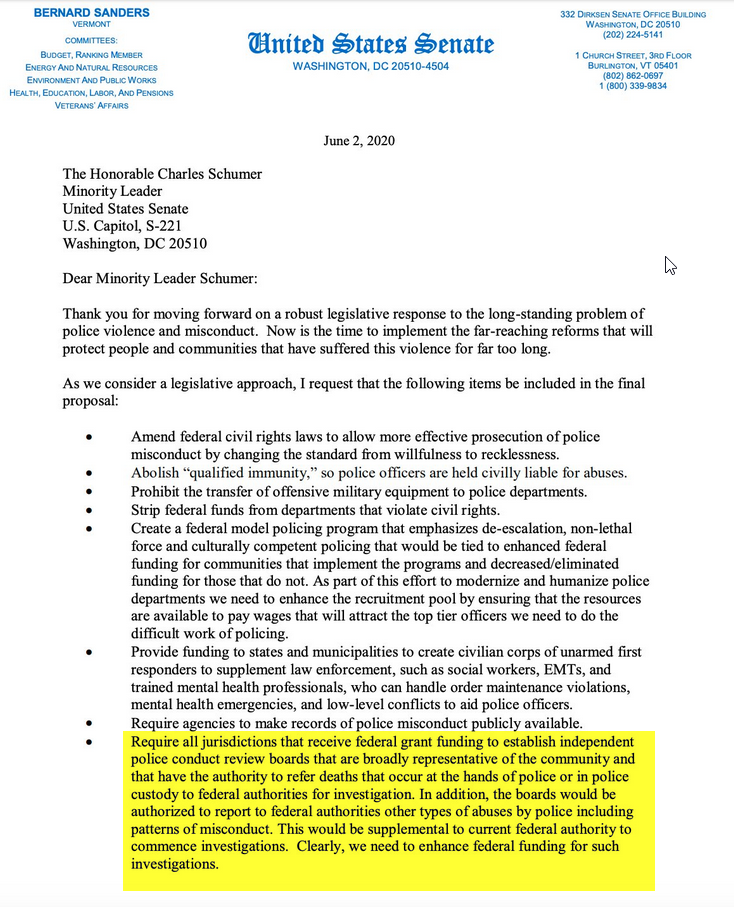I’m glad to see that all of the officers involved in Mr. Floyd’s death last week have been charged, but there are proximal and distal factors prompting the protests. While this might address the proximal factor, what does it do for the distal ones? How many instances of police brutality have still been ignored? How much police brutality have we seen during the protests? There was a clip on the ABC news a few nights ago where two cops were arresting someone. The one cop threw his leg over the individual and dropped a knee on his neck. Now the other cop quickly shoved the first cop’s leg away, but how in the world could a cop think “hey, knee on the neck is a good idea”?
In the mid-90’s, I worked on a project to bring local law enforcement data together and use rudimentary AI to identify offenders who spanned jurisdictions. Why wouldn’t we demand a similar database for police offenses? Identify behavioral patterns that might be addressed through training, identify practices that frequently endanger civilian lives, avoid a violent officer moving around to maintain employment, and incorporate individual’s information in performance reviews.
I’ve been wondering about changes to the internal affairs processes — intentionally including people from civil rights organizations and community groups in a review board. Police tase some guy that was running at them brandishing a knife? IA clears it as justified. Tase some dude who wanted to hand off his baby before getting on his knees with his hands behind her head? There are disciplinary actions and possible criminal charges.
Also having IA boards from larger areas provide review for jurisdictions that are so small that “immediate supervisor” serves as a review board. I live in a small town with a handful of officers. They have an agreement with a neighboring town to roll their phone number to that station after-hours. Why couldn’t the larger town provide review services too? I mean, I get not wanting someone else second-guessing your actions, but my tax money is paying to keep the community safe. And if taxpayers consider having some non-partisan external entity review use of force to be an essential part of “keep the community safe” … it is.
I also get that a non-trivial portion of the country doesn’t see top-level legislation as the answer to, well, anything beyond military spending. But I don’t see any way to enact this kind of reform from the bottom up. I could probably talk my community into an external review board instead of using the Chief of Police, but use of force is quite rare here (thus my change is basically feel-good theater). Could the Cleveland City Council force such a change? It seems like a state law or some federal requirement where funding is withheld for non-compliance (think the 1984 National Minimum Drinking Age Act — we cannot tell you to make your drinking age 21, but we can withhold federal highway funding if it’s not 21) would be needed to effect change.
